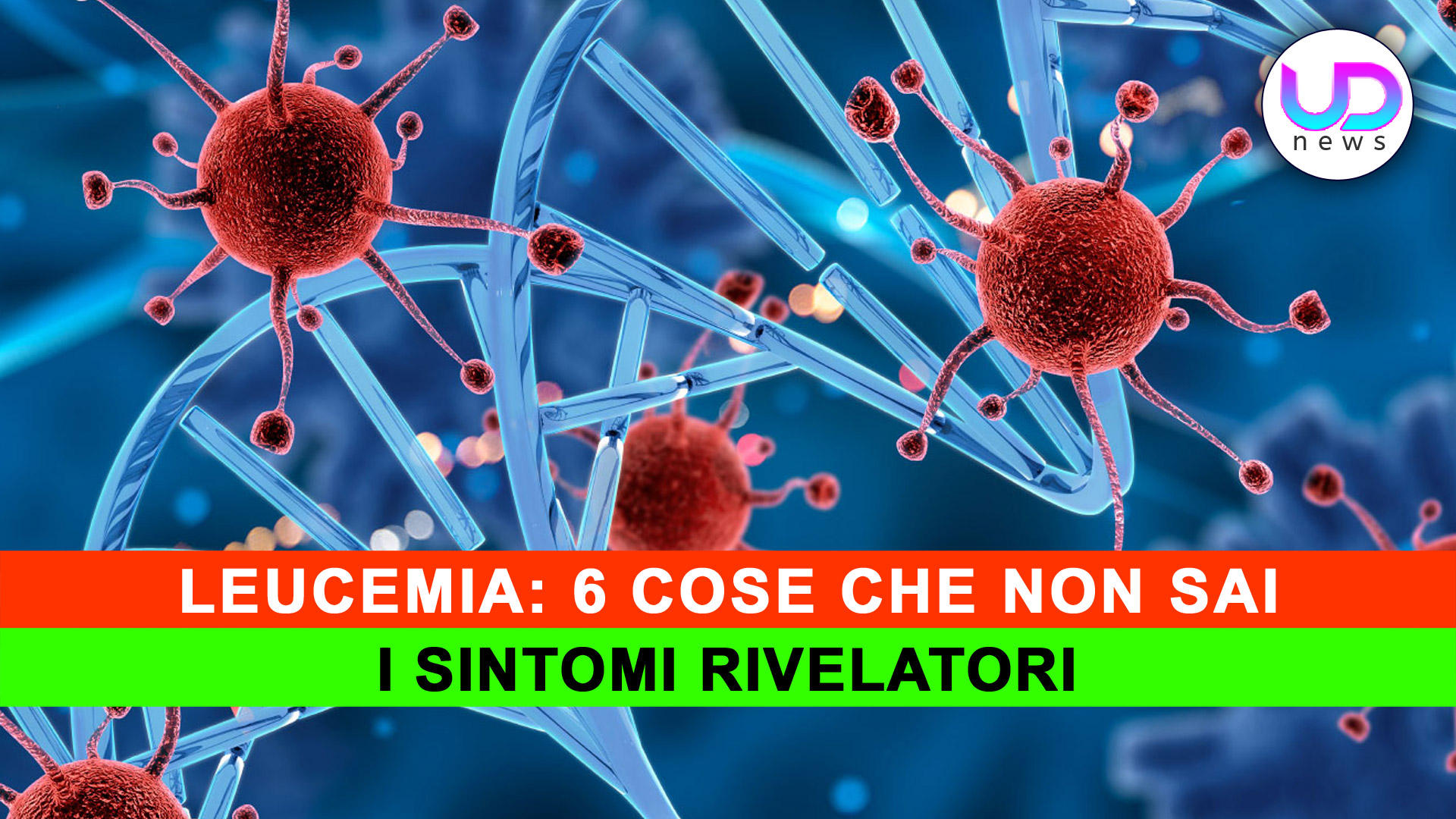Leukemia is a blood cancer that originates in the bone marrow, causing excessive production of abnormal white blood cells and impairing immune function. Here are the symptoms!
Leukemia is a form of blood cancer that starts in the bone marrow, the soft tissue inside the bones that helps make blood cells. While many people have basic knowledge about this disease, there is some information that may surprise you. Here are six things you may not know about leukemia and its symptoms.
It’s not just a childhood disease. Although leukemia is often associated with childhood due to the prevalence of acute lymphoblastic leukemia (ALL) in children, the disease can affect people of all ages. In fact, acute myeloid leukemia (AML), another type of leukemia, is more common in adults. There are different types of leukemia. Leukemia is classified according to how quickly it progresses and the type of white blood cell affected. The four main types are: acute lymphoblastic leukemia (ALL), chronic lymphoblastic leukemia (CLL), acute myeloid leukemia (AML), and chronic myeloid leukemia (CML). Genetic origin but not hereditary. Although some forms of leukemia may have a genetic basis, most cases are not hereditary. This means that an individual with leukemia did not necessarily inherit the disease from their parents and is not likely to pass it on to their children. Variable symptoms. The symptoms of leukemia can vary according to the type and stage of the disease. Some of the common symptoms include fatigue, weight loss, fever or chills, looking pale, bleeding or bruising easily, frequent infections, and bone or joint pain. In some cases, patients may show no symptoms at all. Environment and leukemia. Exposures to certain chemicals, such as benzene and some substances used in the production of rubber, fuels and paints, have been associated with an increased risk of developing leukemia. Radiation exposure can also increase your risk. Improved prospects. In recent decades, leukemia research has made significant progress, leading to better treatments and survival rates. The identification of specific genetic alterations has led to the development of targeted therapies that have improved the prognosis for many people with leukemia.
Symptoms of leukemia can vary based on the type of leukemia and its severity. However, there are common symptoms that can occur in many patients. Here is a list of the symptoms most frequently associated with leukemia:
Fatigue and weakness: Many leukemia patients feel constantly tired and unable to regain energy even after adequate rest. Pale or jaundiced skin: due to a decrease in red blood cells. Fever or chills: especially without an apparent cause. Frequent infections: The body becomes more susceptible to infections due to a decrease in the number of functioning white blood cells. Tendency to bleed or bruise easily: Caused by a low number of platelets in the blood. This can show itself as frequent bleeding from the gums or nose, or as small red dots on the skin known as petechiae. Bone or joint pain: due to the accumulation of leukemia cells in the bone marrow. Swelling or pain in the abdomen area: Caused by an enlarged liver or spleen due to the disease. Weight loss for no reason: Many leukemia patients may lose weight for no apparent reason. Enlarged lymph nodes: often without pain. Excessive night sweats: especially during the night. Respiratory difficulties: May manifest as shortness of breath or a feeling of tightness in the chest.
It’s important to note that many of these symptoms can also be caused by other medical conditions that aren’t leukemia. Therefore, if you suspect that you have one or more of these symptoms, it is essential to see a doctor for an accurate diagnosis. Timely diagnosis and treatment can make a big difference in the management of the disease and the prospects for recovery.
